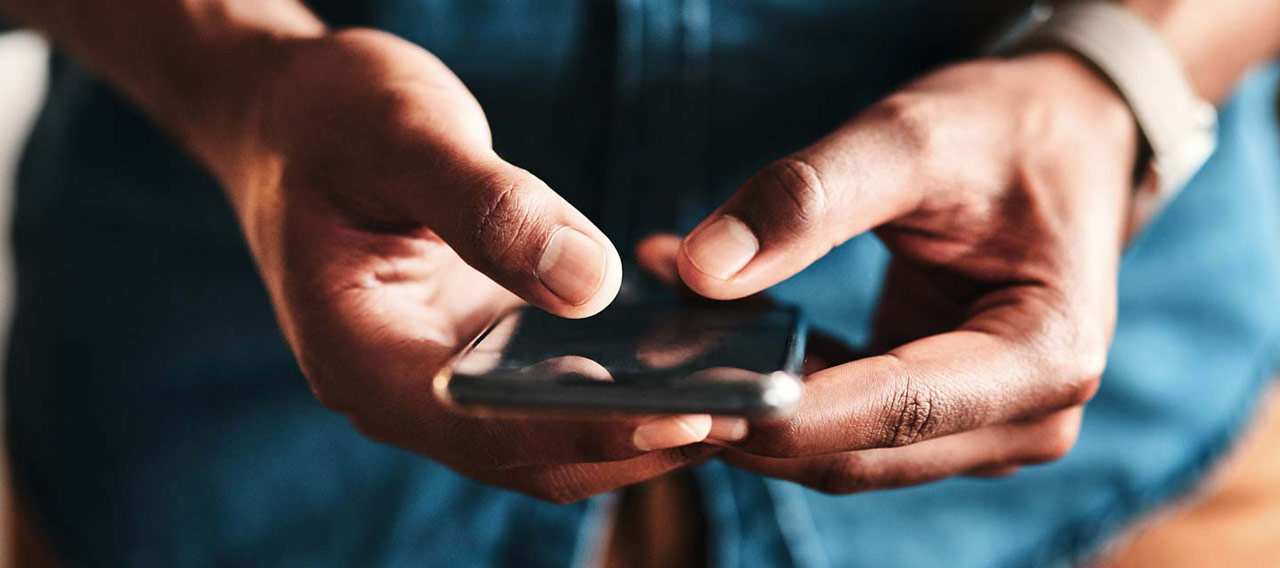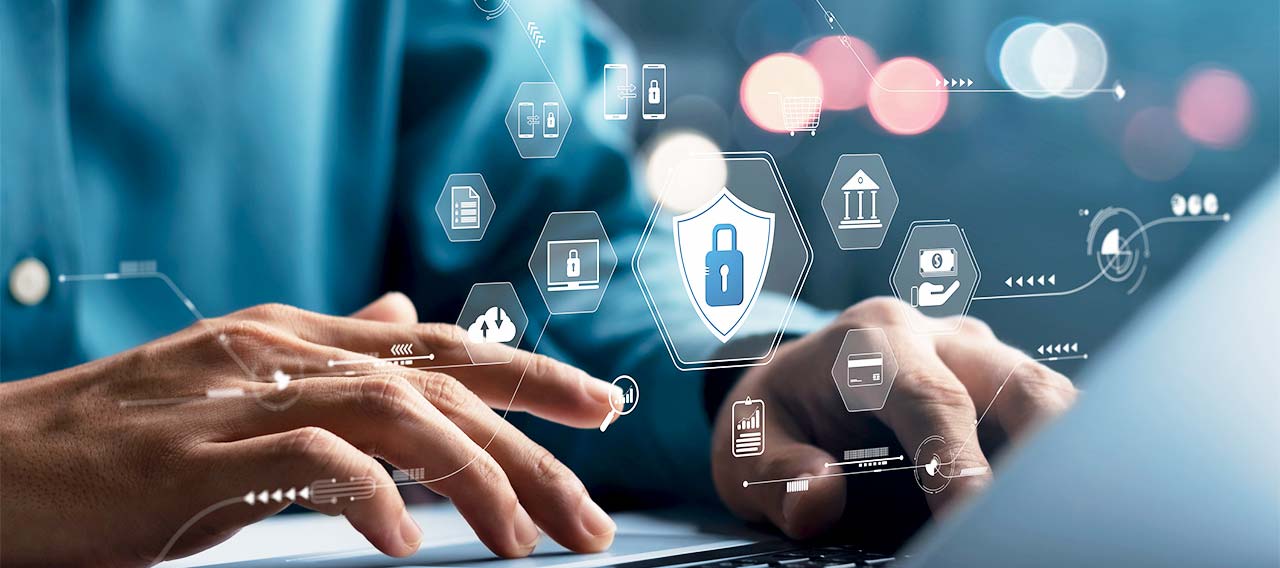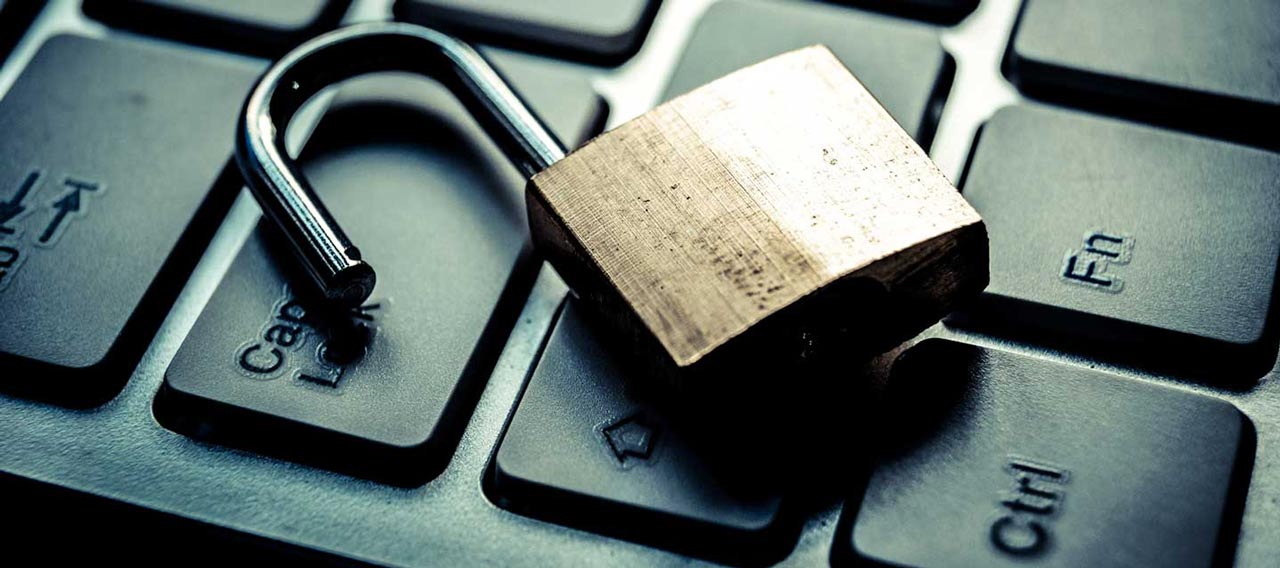- Individuals & Families
- Businesses
- Agents & Brokers
- Embedded Insurance

Chubb ranked #1 for Customer Satisfaction with the Home Insurance Claims Experience

Chubb ranked #1 for Customer Satisfaction with the Home Insurance Claims Experience

Chubb ranked #1 for Customer Satisfaction with the Home Insurance Claims Experience

Chubb ranked #1 for Customer Satisfaction with the Home Insurance Claims Experience

Because pets are family, Chubb now offers pet insurance with top-rated coverage from Healthy Paws.

Chubb offers the insurance protection you need for travel’s many “what ifs”.

Chubb protects small businesses at every stage – from newly formed start-ups to long-time anchors of the community.

Stay ahead of cyber threats with our free Cyber Claims Landscape Report.

Learn more about our dedicated learning paths, Online Learning Center, and more.

Many digital-savvy consumers look for it as a core or add-on option.

Many digital-savvy consumers look for it as a core or add-on option.

Many digital-savvy consumers look for it as a core or add-on option.

Chubb’s in-house technology makes it easy to integrate what we do into your customer experience.
-
About
-
Claims
-
Login & Pay Bill
For Agents & BrokersFor Travel Advisors
-
Back
So, we’re betting at least some of your apps and online accounts have asked, “Do you want to opt into two-factor identification?” And, if you’re like many people, all that texting and code retrieval might seem just a little too much trouble.
Is all that security really necessary? Short answer: YES. And it doesn’t have to be hard.
Why should you use two factor identification?
Cyber attacks, personal data leaks, and phishing scams are becoming more common as hackers get more sophisticated and as we conduct more of our personal and financial transactions on apps and online. Scary factoid: the FBI’s Internet Crime Complaint Center reported that people lose $57 million in phishing and smishing schemes each year.1
Two-factor identification (2FA) provides an extra layer of protection to help safeguard your personal data and your dollars when you are accessing websites and apps.
What exactly is two-factor identification?
Also referred to as “two-step authentication,” “two-step verification” or “multi-factor authentication,” 2FA is an electronic security protocol that prevents you from accessing a website or an app until you validate your identity with two or more pieces of proof. This helps ensure that unauthorized users can’t pretend to be you.
Multi-factor identification “secures your logins from attackers exploiting weak, stolen, or leaked credentials,” says Laura Bennett, Senior Vice President, e-Consumer North America for BlinkSM by Chubb®.
How do you enable 2FA protection?
Many widely-used internet service providers (e.g. Google, Apple, Amazon) and social media platforms (e.g. TikTok, Snapchat, Facebook/Instagram), as well as financial sites, productivity, and personal apps (e.g. Paypal, Slack, Fitbit) have 2FA capability.
- A helpful website that lists sites currently offering multi-factor identification can be found here 2FA Directory.
- Enabling 2FA is typically done through your user account and/or security tab. Instructions vary, so check with the individual sites or apps for specifics.
- There are a number of authentication apps that consolidate and streamline your 2FA efforts. In other words, the app automatically authenticates you and eliminates the code sending step. The advantages of using these are that they typically work even when you don’t have access to cell service, and they are considered more secure than text messages. Some of the most popular apps are Authy, Google Authenticator, Duo, and Microsoft Authenticator.
We do not endorse any particular vendor or brand of 2FA, but consumers should take time to research options along with the benefits of utilizing 2FA for their circumstances.
Is two-factor identification foolproof?
Currently, 2FA apps are the most secure user authentication methods. However, it is important to always practice good cyber hygiene habits:
- "Leverage alerts on all accounts (especially financial) to warn you of suspicious activity,” Bennett advises.
- Use a strong and unique username and password and never save passwords in your web browser.
- Keep your computer’s operating system up to date. This is to ensure you have the latest security features in place.
- Be wary of emails, texts, or attachments from unfamiliar or suspicious-looking senders especially those that ask for personal data.
- Avoid using open wi-fi networks, which are easily hacked.
We do not endorse any particular vendor or brand of 2FA, but consumers should take time to research options along with the benefits of utilizing 2FA for their circumstances.
The Blink bottom line
In the war against cybercrime, knowledge is power. You’re now armed with two-factor authentication wisdom — a key weapon in your personal protection arsenal.


Insights and expertise








Get a personal insurance quote
Work with an independent agent to get personalized insurance solutions.
This document is advisory in nature and is offered as a resource to be used together with your professional insurance advisors in maintaining a loss prevention program. It is an overview only, and is not intended as a substitute for consultation with your insurance broker, or for legal, engineering or other professional advice.
Chubb is the marketing name used to refer to subsidiaries of Chubb Limited providing insurance and related services. For a list of these subsidiaries, please visit our website at www.chubb.com. Insurance provided by ACE American Insurance Company and its U.S. based Chubb underwriting company affiliates. All products may not be available in all states. This communication contains product summaries only. Coverage is subject to the language of the policies as actually issued. Surplus lines insurance sold only through licensed surplus lines producers. Chubb, 202 Hall's Mill Road, Whitehouse Station, NJ 08889-1600.


